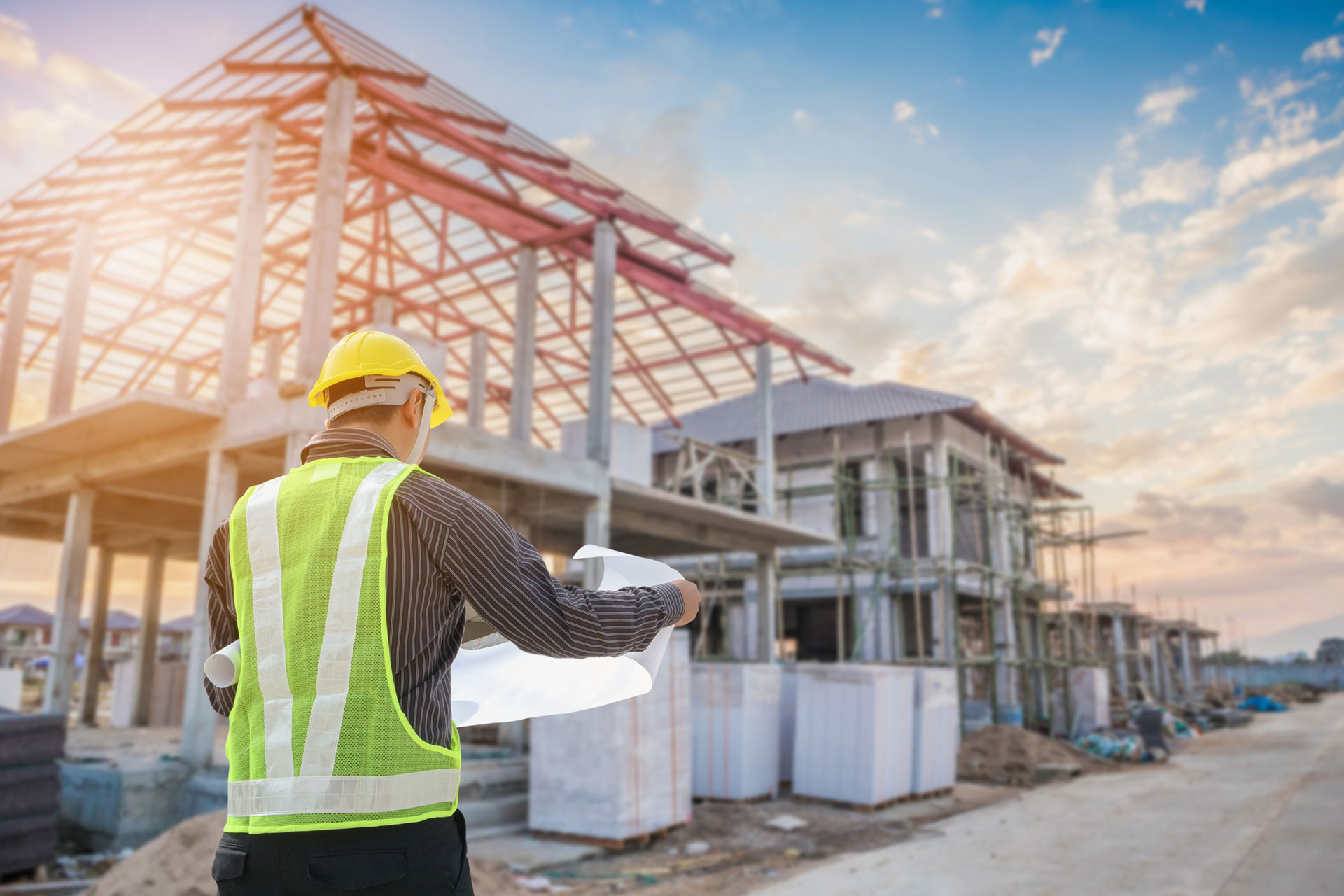It’s an all too familiar scenario: you’ve decided to build a new home and have spent endless hours researching the right builder to deliver your dream project. Doing your homework is important – you don’t want a builder that cuts corners and sacrifices workmanship. Unfortunately, even after you’ve completed thorough due diligence, rarely has a home been built free of deficiencies and defects. But you can be proactive by arranging regular inspections at critical stages of your build to circumvent mistakes and stay on top of any flaws and failings.
Invest in critical stage inspections and don’t look back
There are a myriad of reasons for defects in new homes and not all of them start with dodgy tradesmen and cowboy builders who cut corners. But the countless horror stories of new builds gone wrong has forced many to lose faith in builders.
And while it is true that every build is subject to mandatory inspections by a principal certifier (either your local council or a private certifier), their job is limited to checking the builder is constructing the home according to the approved plans and building code – they are not checking whether the workmanship is up to standard or considering the final quality of the home including materials, finishes and fixtures.
That responsibility is up to you and the best way to ensure you are getting what you are paying for is to invest in expert independent inspections at various stages of the build. Otherwise known as critical stage inspections, these are (as the name suggests) the vital peace-of-mind checks that your build is being carried out to the highest standard before it’s too late and work is concealed by brick walls and sheets of plasterboard.
Best of all, because the inspector is independent, they work for you and represent your best interests.
What are you looking for?
Inspections are carried out across five key stages and any issues of substandard work are compiled in a report accompanied by photographs that can be presented to your builder for rectification:
Pre-slab – check for the presence of termite barrier/collar to penetrations; plumbing penetrations; drainage points; formwork support; recesses and step-downs; floor plan layout compliance; rainwater tank and air conditioning slabs; and island benchtop service pipes.
Frame – check dimensions of rooms; window and door frame installations; quality of floor, wall and roof framing members; and any excess bounce in suspended floors.
Pre-lining – ensure previous issues at frame inspection are rectified; that plumbing, electrical and air conditioning services are installed; framing members are intact and straight; check roof coverings and brickwork (brick ties, weepholes, damp proof course)
Pre-handover – check all finishes and fixtures throughout house and garage; that bathroom items are functioning and taps secured; showers, toilets and vanities installed correctly and function well; kitchen items are functioning (taps, cupboard doors); floor coverings; window glazing and frames; brickwork; downpipes and plumbing fixtures; rainwater tank and pump; termite protection system; and overall workmanship.
Post-completion – check all finishes and fixtures throughout house and garage; bathroom items continue to function and taps secured; waterproofing membrane performance; kitchen items continue to function and taps secured; floor coverings for advanced wear; window glazing and frames operating correctly; settlement cracking; and any issues raised by client.
A final word of advice
You may view critical stage inspections as an added cost but really it is a valuable asset in place to protect a very expensive investment. We have more than 20 years’ experience in the construction industry and know what to look for so that mistakes, even unintended ones, can be fixed before they become expensive issues down the track.
And when a builder knows their work will be double checked by an independent assessor, they are on notice. It might also help to include in the contract your intention to engage a third party for inspections.
Contact SJN Business Consultants to arrange your critical stage inspection.

